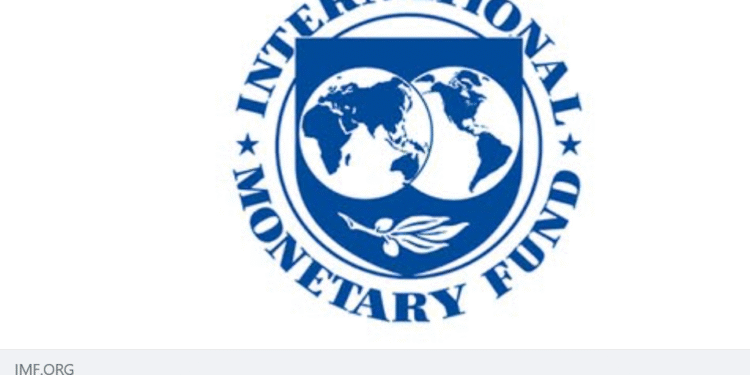In a decisive move, Malawi’s Reserve Bank Governor, Dr. MacDonald Mafuta Mwale, has firmly rejected the International Monetary Fund’s (IMF) recommendation for another devaluation of the Malawian Kwacha.
Instead, the country is charting a new course focused on enhancing foreign exchange through local production, exports, and attracting investment.
Malawi’s economic challenges have been compounded by previous devaluations, notably a significant 44% devaluation in November 2023. This move, initially aimed at stabilizing the economy, led to increased inflation and a higher cost of living for many Malawians.

The IMF’s recent Article IV consultation highlighted concerns over the widening gap between official and parallel exchange rates, suggesting that the Kwacha remains overvalued and advocating for its further devaluation to achieve a unified exchange rate.
The RBM Governor has expressed strong reservations about repeating past strategies that have not yielded the desired outcomes.
He stated: “We have made it clear to the IMF that we have had a lot of devaluations without achieving the intended result, and we cannot repeat that because it only hurts our people with inflation.”
Dr. Mafuta Mwale said instead, the focus is shifting towards boosting foreign exchange supply through local production and exportation, incentivizing both local and foreign investors, and seeking other donors to assist Malawi as it develops its capacity to generate export proceeds.
The IMF’s recent assessment acknowledges the challenges Malawi faces, including a projected real GDP growth of 2.4% in 2025 and an average inflation rate of 29%.
The Fund emphasizes the need for tighter fiscal and monetary policies to support disinflationary efforts and ease pressure on the exchange rate. It also underscores the importance of a unified and market-clearing exchange rate to reduce imbalances and support growth objectives.
In response to the IMF’s recommendations, Malawi is developing a homegrown economic strategy centered on three core pillars:
Fiscal Discipline: Aligning revenues with expenditures to ensure sustainable public finances.
Monetary Control: Containing monetary expansion to stabilize the economy.
Strategic Foreign Exchange Management: Stabilizing the Kwacha and rebuilding international reserves through targeted interventions in the foreign exchange market.
This approach aims to prioritize essential imports, collaborate with the banking sector to ensure adequate liquidity, and address structural bottlenecks in key productive sectors such as agriculture, tourism, mining, and manufacturing.
While the IMF’s Extended Credit Facility (ECF) program with Malawi has expired, the Fund continues to engage with Malawian authorities through Article IV consultations and technical assistance. Malawi’s decision to pursue a homegrown economic strategy reflects a commitment to policies that prioritize the well-being of its citizens and the long-term stability of its economy.
As the country navigates its economic challenges, the success of this strategy will depend on effective implementation, continued engagement with international partners, and the resilience of its institutions and people.








